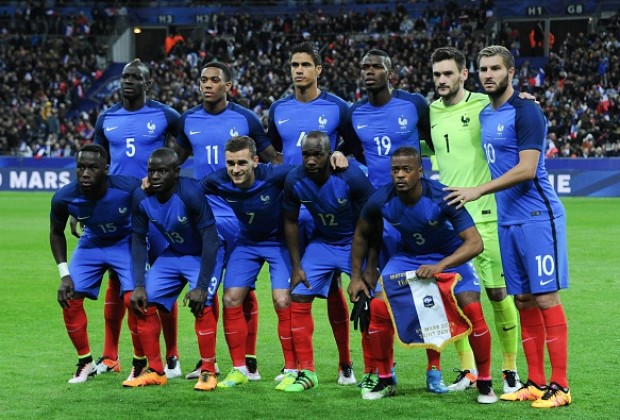World Cup 2018, well that was another intriguing round of soccer games. It was full of surprises like Argentina and Portugal being kicked out too early in the game to mention a few. However, what happened after the final game, might have topped the list of the intrigues of the game.
France won the World Cup, but people of Africa and African-descent seemed happier than even the French. Yes, even the South African comedian Trevor Noah had a comment or two in celebration of the ‘African win’ that landed him into trouble with the French embassy in the U.S.
However, the reality is, by claiming France’s win, the African continent makes a fatal mistake of not ‘self-analyzing’ where it went wrong, as the World Cup 2018, was one of the unimpressive performances… well, we could have played better!
And that is exactly the point. African teams and all stakeholder in the continent’s soccer should now take the time to reflect, and see how this ‘room for growth’ can be actually ‘grown out.’ The last World Cup was the first one since 1982 that the continent had three sides competing, and not one team made it to the knockout stages.
Though Senegal did an impressive job but got eliminated on fairplay; that was damn unlucky for the continent. Nonetheless, we cannot run away from the fact that African teams (other than Senegal) did not put their best show at this grand world stage.
Claiming France’s World Cup 2018 win for Africa
The continent should rightfully have some pride in France’s win, as the team had a good representation of black people. But that is just as far as it should go. Not claiming their win as Africa’s win.
You could see on social media, the continent and people with African-heritage (some just by heart) bombarded social media with memes about Africa winning the World Cup. Completely oblivious of the discrepancies.
For one, the World Cup is played by countries, not continents, and there is no country on this Earth or universe called Africa. The black French players might have been born on the continent or even abroad, so they did not come from a country called Africa that ‘might’ have played on the World Cup.
Then, there is the undeniable fact that these players were nurtured and developed into professional footballers in France while playing the French football. The only discussion on this front should be how are the French training facilities, the quality of their coaches, the financial and moral support the players get in order to train. Then our African governments should look at where each individual African country falls short and then improve on it.
Racism in France
Perhaps the biggest point the continent might have missed while celebrating France’s win is the fact that there is still a considerable amount of racism in France, today. Though their national soccer team looked like a rainbow team, with all its multi-colors.
Here is where I would like to draw your attention to a comment made by the legendary coach Claude Le Roy made a few years ago. He was speaking to Empowersport, on the sideline of a France’s tournament successes, and he was celebrating the triumphs of diversity in the French team rather than claiming it for Africa.
“I was dreaming at this time because it was a multicolored team, a rainbow team… and I was naïve; I believed that with so many black people in the team, a lot of things would change, but that only changed for a few days.
There was a little bit more respect for [Lillian Thuram, Thierry Henry, [Zinedine] Zidane, and Marcel Desailly – for all the players – fortunately, but afterwards things came back to the way it was before, so it didn’t change a lot.” – said coach, Claude Le Roy.
By claiming France’s win as Africa, we (the individual countries on the continent) risk to make another great loss, of not self-reflecting and see where we went wrong and put in the effort to improve. The French win with some black players only proves that talent is common, we have it they have it, but opportunity is not. African countries need to create these opportunities for our talented players, and opportunities is created through the resources and commitment from governments and the investments of the private sector into sports.



